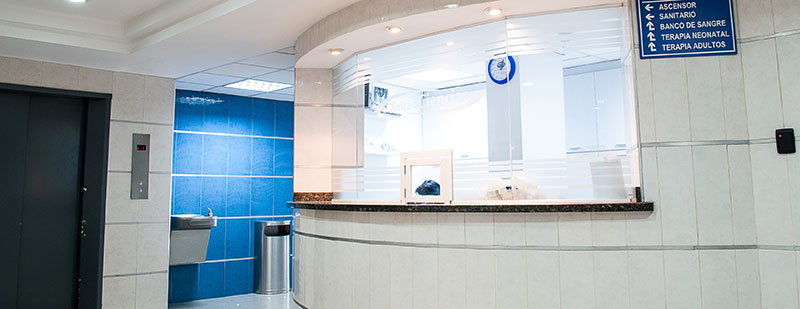Part One of Two
For many, “Medicare for All” (or Single Payor) is a moral imperative. I, too, am in favor of a population-based payor scheme, but like most doctors, I can see Medicare for All will make the problem worse.
The degeneration of Medicare, as seen in my forty years of medical practice, underscores the ludicrous claim that the expansion implied in Medicare for All will improve American health.
We have the most expensive health care system in the world, and Medicare is the most significant component. However, we rank 23rd among outcomes. Italians live four years longer than us, the Japanese live six years. Both groups smoke more and exercise less than we do. Politicians touting Medicare for All are ignoring that Medicare is how we got to be 23rd. Expanding it will make things worse. Not better.
Medicare for All will not save money
Medicare’s stated administrative expense is 1.1%, which sounds gloriously economical, while private insurance administrative expense is an egregious 13%. This is an accounting mirage. The NY Times in 2018 (Austin Frakt) found that Medicare receives “free” services from 10 other federal agencies, plus subsidies from private insurance companies for Medicare Advantage programs, bringing the real total expense to 8%. Then there is simple accounting practice that makes Medicare look good. Medicare patients are older and sicker and cost $10,000 per patient per year. Private insured patients and younger and healthier, and cost about $5,000 annually. The same administrative cost over twice the expense appears to be half the rate of administrative overhead. The total difference in the 3.45 trillion healthcare industry is quite small.
America ranks 23rd among health outcomes globally. Share on XHowever, Medicare costs far more than private insurers. Medicare, because of its size, can impose mandates on the entire medical system, but the costs are borne by the participants, not by Medicare. These mandates are choking the system. Most notable are the Relative Value Scale (ungodly complicated billing and coding), HIPAA (patient records security with harsh penalties), and HITECH (electronic records systems that cost billions of dollars, stifle productivity, and have morphed into billing enhancement systems). When I asked a CFO what the cost of these Medicare administrative misadventures was, the reply was they cannot be accurately estimated.
The unintentional consequences are destroying the health care system from medical education to terminal care. Doctors now spend 60% of their time on administrative tasks. The lost productivity is staggering. Patients wait longer for appointments and get far less attention when seen. The accounting system is so complicated that the President of Presbyterian Hospital in New York, in an interview with journalist Steven Brill, admitted he could not say how much any item in his hospital cost. The cost of medical education leaves some physicians in debt for life. Physicians are retiring in torrents.
The Medicare trust fund will run out of money by 2016. 10,000 Baby Boomers turn 65 every day. This demographic tsunami will accelerate the unfunded liability of Medicare. It raises the question of why would we expand a technically bankrupt program?
Doctors now spend 60% of their time on administrative tasks, not care. Share on XIn its defense, Medicare has been hamstrung by Congress, especially a prohibition against bargaining for drug prices. Far worse, Congress failed to increase Medicare payroll taxes to meet the crisis. The Federal Trade Commission removed the prohibition against hospital mergers, consigning rural hospitals to penury while giant systems consume millions of advertising dollars and building 50 million dollar lobbies.
The Medicare trust fund will run out of money in 2026. Share on XMedicare, once the lifeline to America’s impoverished elderly, has become a bloated, avaricious, profit-driven machine. No amount of funds could heal Medicare as it exists. As the system continues to break down, the primary beneficiaries will be administrators and consultants. Some resemblance to the Veterans Administration is inevitable.
In Part Two, I will propose alternative measures to improve health and reduce its bottom line.

